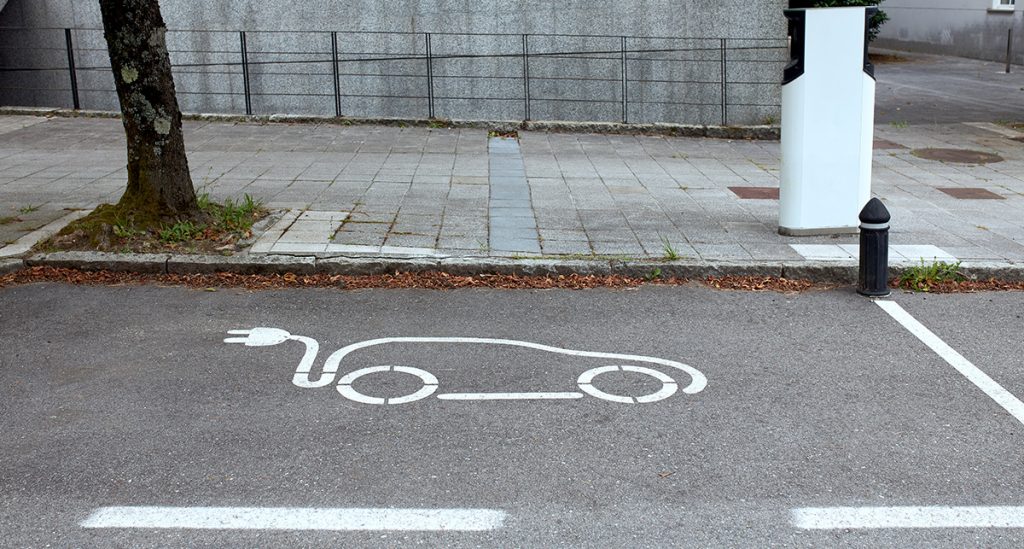
Free parking for electric cars in Bavaria: a step into the future - opportunities and challenges
From 1 April 2025, a new regulation will come into force in Bavaria that will allow electric cars to park in public spaces free of charge for up to three hours. The measure, which is initially limited until the end of 2026, is intended to promote the switch to climate-friendly mobility and at the same time increase the attractiveness of electric vehicles. However, as with any innovation, there is not only approval, but also criticism.
The advantages of the scheme:
The Bavarian state government's initiative pursues several objectives:
- Promoting electromobility: By exempting people from the charge, politicians hope to encourage more people to buy an electric car. A clear incentive, especially for those who are dependent on a car in urban centres.
- Better environmental protection: More electric cars mean less exhaust fumes, which could improve air quality, especially in densely populated city centres.
- Financial relief: Especially in cities like Munich, where parking spaces are expensive, e-car owners benefit from the measure. An economic advantage that could make the decision in favour of an electric vehicle even easier.
Criticism and potential problems:
As sensible as the idea seems, some aspects raise questions:
- Loss of revenue for local authorities: car parking charges are an important source of income for cities. However, the Bavarian state government considers this aspect to be of secondary importance - a position that is not met with understanding everywhere.
- Practical implementation: Monitoring compliance with the regulation could lead to increased control efforts. The demand for free parking spaces could also become so high that bottlenecks occur.
- Long-term effect unclear: As the regulation is limited in time, it remains to be seen whether it will actually have a lasting effect on mobility behaviour or only provide short-term incentives.
A balancing act for the mobility transition
The measure undoubtedly represents an important step towards sustainable mobility. At the same time, it shows how complex the challenge of harmonising the interests of local authorities, the environment and citizens is.
Whether the initiative will be successful in the long term depends largely on its acceptance and actual impact. Close monitoring of the effects is likely to be crucial in order to make any necessary adjustments.
What do you think? Is free parking the right way to promote electromobility in Bavaria? And how could the critical points be better addressed? Feel free to discuss with us in the comments!